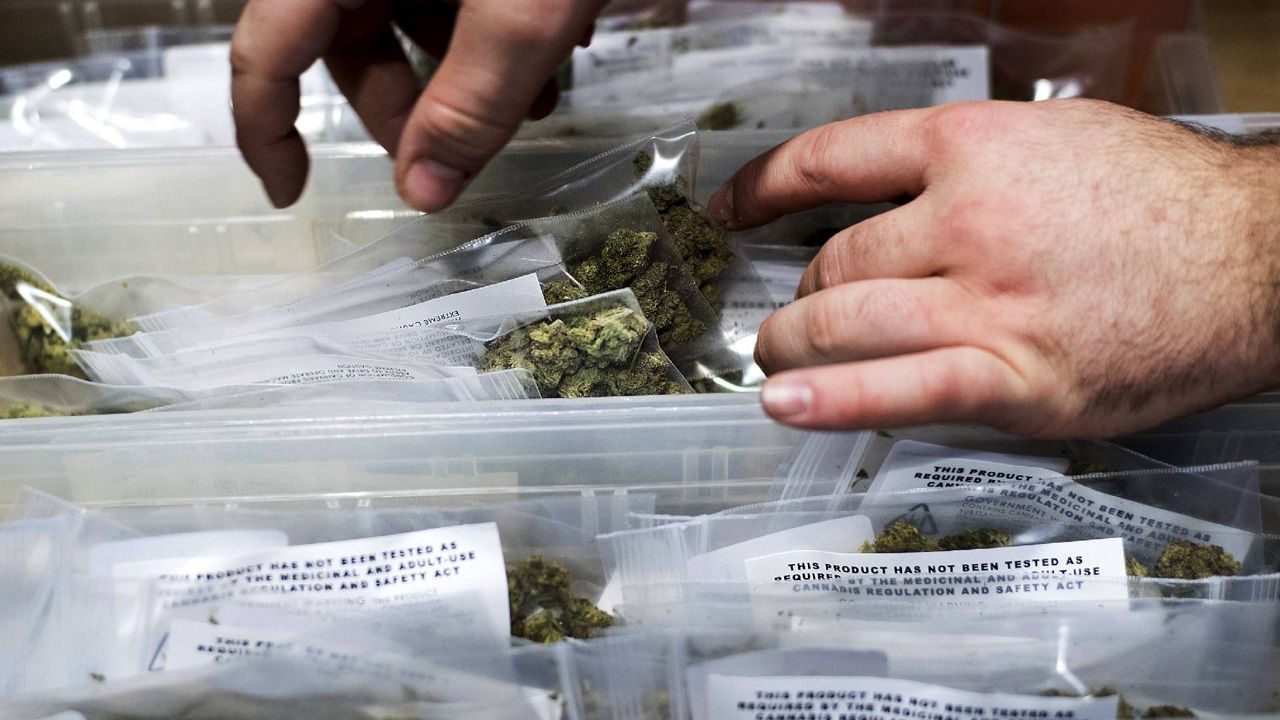On Friday, House lawmakers voted to decriminalize marijuana as part of a historic bill that would get rid of penalties for those who grow, sell and use it.
The Marijuana Opportunity Reinvestment and Expungement Act is the first time a federal body has taken up the issue of decriminalizing cannabis.
“It’s time to end these unjust laws which shatter the lives of so many young people of color,” said Rep. Barbara Lee (D-CA), who co-sponsored the bill. “Please vote yes on this bill to help us move our unfinished business of ‘liberty and justice for all’ forward.”
The House approved the measure 228 to 164, with five Republicans voting in favor of the bill and six Democrats voting against.
The MORE Act would remove marijuana from the Controlled Substances Act, eliminate criminal penalties, make small business loans available to cannabis-related businesses, establish a system to expunge marijuana-related convictions and a trust fund to aid people impacted by the war on drugs, among other things.
“Two out of three Americans say marijuana should be legal, including a majority of Democrats and Republicans,” said Rep. Sheila Jackson Lee (D-TX). “I hope we can move forward on what the American people want us to do.”
In November, four more states voted to legalize the drug: Arizona, New Jersey, South Dakota, Montana. Already, 11 other states and Washington D.C. have voted to decriminalize weed, and 34 states allow medical marijuana use.
The MORE Act stands almost no chance of getting a vote in the Senate. On Friday, House Republicans spoke out against the bill, with Rep. Andy Biggs (R-AZ) calling it a “mishmash of ideas and hopes” instead of a serious attempt at legalization.
Representative Debbie Lesko (R-AZ) moved to stop Friday’s vote and send the bill back to a House committee for review, citing workplace safety.
“Legalization of marijuana at the state level has already created complex challenges for employers wishing to maintain a drug-free workplace,” Rep. Lesko said.
Rep. Matt Gaetz (R-FL) – the only Republican co-sponsor of the bill – called the MORE Act “flawed” but necessary, especially considering its disproportionate impact on Black Americans.
“The federal government has lied to the people of this country for a generation,” Gaetz said. “We have seen a generation –particularly of black and brown youth – locked up for offenses that should have not resulted in incarceration.”
Black Americans are 3.6 times more likely to be arrested for marijuana than white people, even though they use the drug at a similar rate, according to a study from the American Civil Liberties Union.
“This is just one thing we can do to help repair the harms of the war on drugs,” said Charlotte Resing, the Program Manager for Justice for the National Association of Counties but who spoke on behalf of the ACLU.
“I think people see how unfair it seems that the majority of the country doesn’t believe that marijuana should be illegal, and yet so many people are being arrested and going to jail for it,” she added.
